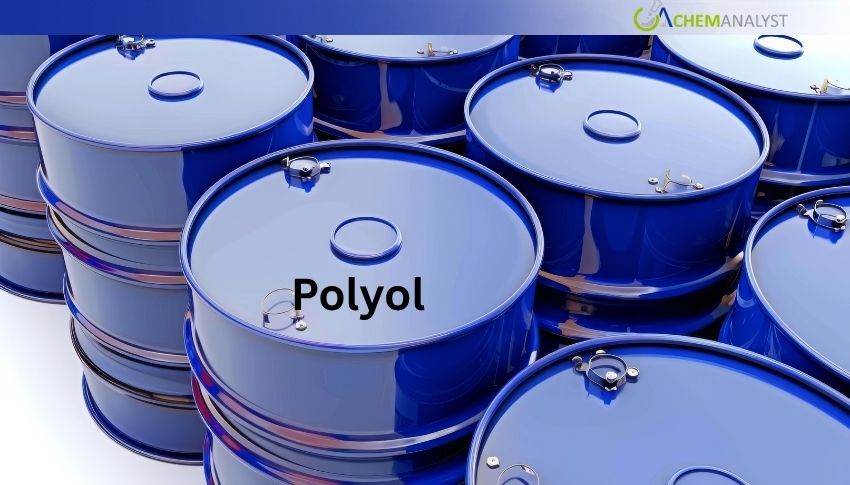Welcome To ChemAnalyst

In early July 2025, Polyol prices in Europe rose slightly due to steady construction demand and tightening supply. While production in Germany remained moderate with ample Propylene Oxide feedstock and reduced crude oil costs, logistical issues such as labor shortages, port strikes, and transport delays disrupted supply chains. The construction sector maintained firm demand, driven by sustainable building initiatives, while automotive demand stayed stable despite weak car sales. Looking ahead, prices are expected to rise further as summer plant shutdowns, limited workforce availability, and growing demand for coatings strain supply and prompt price hikes.
In the first half of July xxxx, Polyol prices increased slightly in Europe due to steady demand and limited supply. Production in Germany was moderate, while supply was affected by labor shortages, and transport delays across key European hubs. Demand stayed firm in the construction sector, supported by green building projects, while the automotive sector showed weak sales but stable use of Polyols in car seats and interiors. Prices are expected to rise further in the coming weeks as planned plant shutdowns, fewer workers during summer holidays, and stronger demand for coatings in the paint sector put more pressure on supply and encourage sellers to raise prices.
Polyol production rates in Germany were moderate, even though there was a steady supply of feedstock, Propylene Oxide. This was mainly because the prices of upstream propylene and crude oil fell after a ceasefire...
We use cookies to deliver the best possible experience on our website. To learn more, visit our Privacy Policy. By continuing to use this site or by closing this box, you consent to our use of cookies. More info.
